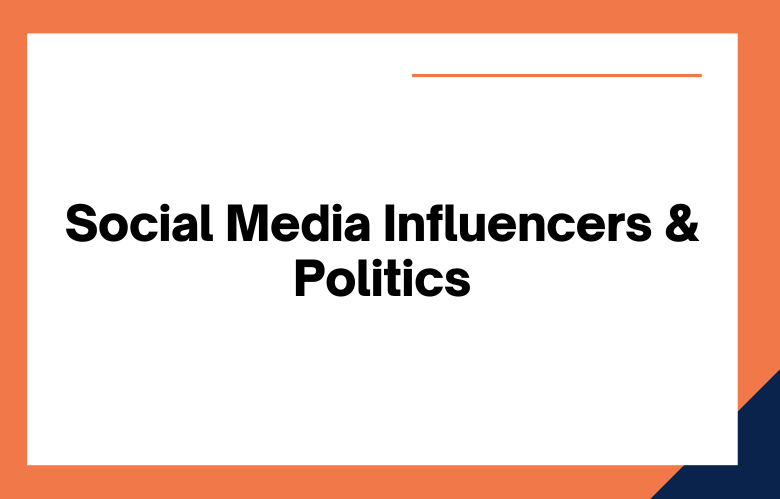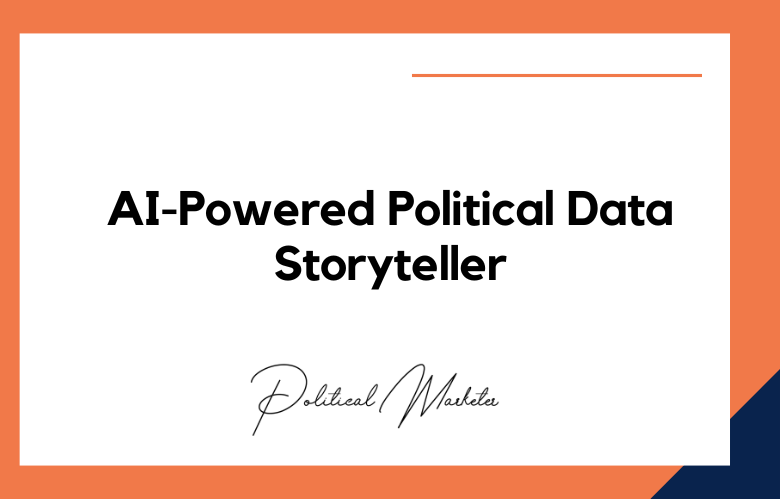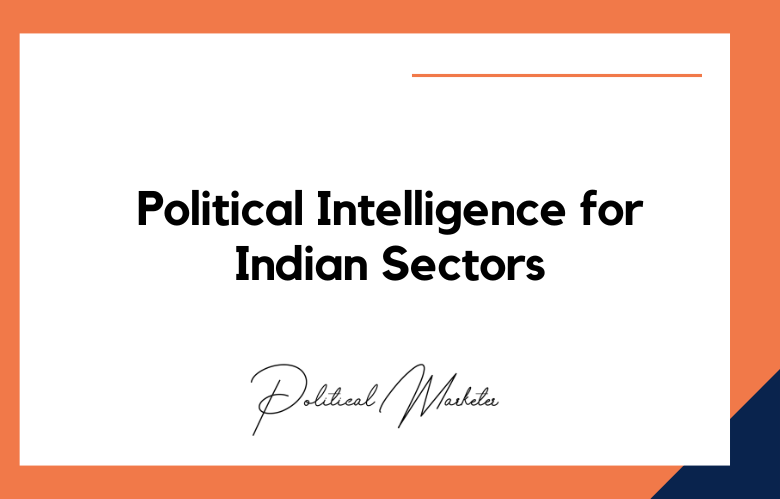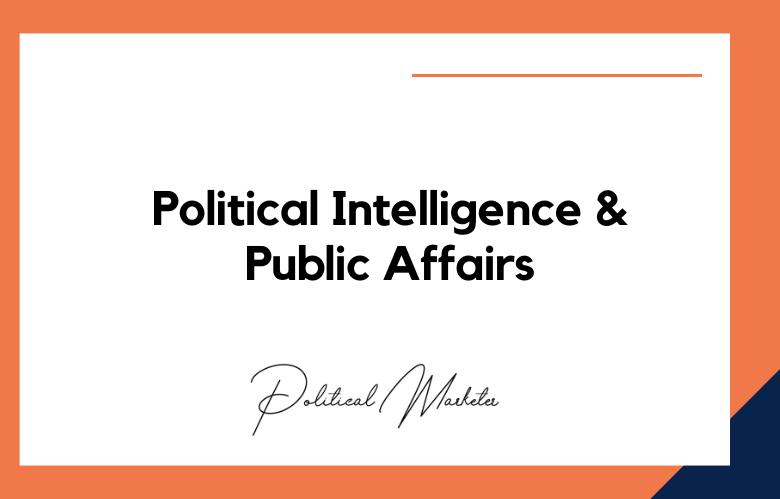Social media has become the ultimate platform for political campaigns, capturing the attention of an increasing number of voters worldwide. With social media’s expansive access, political campaigns have shifted to making their presence felt on these platforms.
One aspect of political campaign strategy in social media that has been gaining traction recently is leveraging the power of social media influencers.
With their vast follower count, influencers have become an effective way to cater to a particular demographic and persuade their followers to vote for a specific candidate.
We will discuss social media influencers’ impact on political campaigns, how their endorsements can shape voter opinions, and the benefits of using them in political campaigns.
What are Social Media Influencers in Political Campaigns?
Social media has become integral to political campaigns in the past few years. As more and more people turn to social media, political candidates use it to reach a wider audience.
Influencer marketing is one of the most effective ways of leveraging social media. Social media influencers have gained significant power in recent years, and political campaigns are no exception.
We’ll discuss what social media influencers are in political campaigns and how political candidates can leverage their power of endorsements to win elections.
The Role of Social Media Influencers in Political Campaigns?
Social media influencers are individuals who have developed a large following on social media platforms based on their reputation, expertise, or popularity.
Social media influencers significantly impact their followers’ opinions, attitudes, and behaviors. In political campaigns, they can raise awareness about a candidate’s campaign, increase voter engagement, and mobilize supporters.
The Impact of Social Media Influencers on Political Campaigns?
Social media influencers can significantly impact political campaigns. Their endorsement of a candidate can increase their visibility and credibility and give them access to a larger audience.
Social media influencers have unique relationships with their followers, and their endorsements can give a candidate the much-needed credibility and authenticity that many voters are looking for.
The Influence of Social Media Influencers on Political Campaigns?
Social media influencers’ influence on political campaigns is growing daily. Their power is derived from their ability to connect with their followers on a personal level and build trust and rapport.
Many social media influencers deeply understand their audience’s concerns, aspirations, and values, making them well-suited to communicate political messages effectively.
Their endorsement of a political candidate can sway many voters, making them an essential tool for any political campaign.
The Risks of Social Media Influencers in Political Campaigns?
While social media influencers can be a significant asset for political campaigns, they also come with risks.
The authenticity of their endorsement may be questioned, and their social media following may not always align with a particular candidate or political party’s values.
Their acceptance may not be legally permissible, as political campaigns must adhere to strict campaign finance laws.
Social media influencers have a large audience that they can reach with their messages.
Social media influencers often have a high level of engagement with their followers.
Social media influencers can be very persuasive.
Social media influencers need to know more about the issues they promote.
Social media influencers must be more transparent about their relationships with campaigns or candidates.
Social media influencers may not disclose their paid endorsements.
Social media influencers may use their platforms to spread misinformation.
Social media influencers may inadvertently promote negative messages about a campaign or candidate.
Social media influencers may harm voter turnout.
Social media influencers may be subject to manipulation by campaigns or candidates.
Best Practices for Social Media Influencers in Political Campaigns?
Don’t Be a One-Trick Pony:
While social media can be a potent tool, it’s important to remember that it’s just one part of a larger campaign strategy. A successful political campaign will utilize various channels and tactics to reach voters.
Social media should supplement other activities, such as door-to-door canvassing, phone banking, and traditional advertising.
Understand Your Platforms:
Each social media platform has its own unique features and user base. Understanding how each forum works is essential to make the most of it. For example, Twitter is great for sharing short updates and engaging in real-time conversations, while Instagram is better for sharing photos and videos.
Know Your Audience:
It’s also important to know who your audience is on each social media platform. Are you trying to reach potential voters? Media outlets? Party leaders? Knowing your audience will help you determine what kind of content to share and how to use each platform best.
Be Professional:
While social media is often seen as a casual medium, it’s important to remember that anything you post will be public and could be used against you. Always err on the side of caution and avoid posting anything that could be construed as inflammatory or offensive.
Be Strategic With Your Timing:
The timing of your posts can be just as important as the content itself. Make sure to post when your audience is likely online and paying attention. For example, if you’re targeting working professionals, avoid posting during work hours when they’re unlikely to be checking social media.
Use Hashtags Judiciously:
Hashtags can be a great way to reach a wider audience and get your content seen by more people. However, using too many hashtags or irrelevant hashtags can make you look spammy and turn people off from your content. Use hashtags sparingly and only use ones that are relevant to your content.
Engage With Other Users:
Social media is all about engagement. It would help if you interacted with them to get people interested in what you’re saying.
That means responding to comments, answering questions, and starting conversations whenever possible. The more you engage with other users, the more likely they will pay attention to what you say.
Monitor Your Mentions:
It’s also important to monitor what people say about you online. Set up Google Alerts for your name and your campaign’s name so that you can quickly see any mentions of you online.
This will allow you to address negative presses immediately and avoid potential problems before they become more significant.
Conclusion:
The influence of social media influencers on political campaigns is becoming more apparent, and campaigns with the budget to leverage the power of social media influencers are benefiting from their reach, engagement, and insights.
Endorsements from influencers can turn followers into voters, break down barriers, and make politicians more approachable.
In conclusion, social media influencers have become integral to modern-day political campaigns, and we expect politicians to continue to invest in influencers in the coming year.
Call: +91 9848321284
Email: [email protected]











